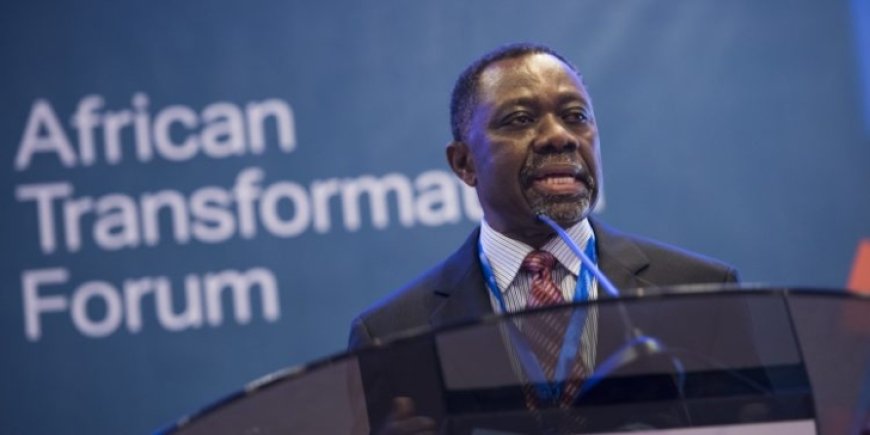Speaking at an economic forum, Dr. Amoako highlighted that while Ghana has made significant progress in development, growth has stagnated, preventing the country from advancing to a high-income economy.
Key Barriers to Economic Advancement
✔ Limited Industrialization: Over-reliance on primary commodities instead of value-added industries.
✔ Weak Institutional Frameworks: Inefficiencies in governance and regulatory bodies hinder economic progress.
✔ Infrastructure Gaps: Inadequate investments in energy, transport, and technology slow productivity.
✔ Skills Mismatch: The disconnect between education systems and job market needs limits workforce competitiveness.
✔ Overdependence on External Aid: Reliance on foreign loans and grants undermines self-sufficiency.
Strategies for Breaking the Cycle
Dr. Amoako urged policymakers to focus on:
✔ Economic Diversification – Investing in industrialization, technology, and innovation.
✔ Human Capital Development – Strengthening education and vocational training for a future-ready workforce.
✔ Institutional Reforms – Enhancing transparency, governance, and economic policy execution.
✔ Private Sector Growth – Creating a business-friendly environment to attract local and foreign investments.
A Call for Bold Action
According to Dr. Amoako, Ghana must shift from a resource-dependent economy to a knowledge-driven, high-value production economy to sustain long-term growth. He stressed that without decisive action, the country risks being stuck in an economic cycle that limits prosperity.
As discussions on Ghana’s economic future continue, experts and stakeholders agree that breaking free from the middle-income trap is crucial to securing a competitive and resilient economy.





















































































